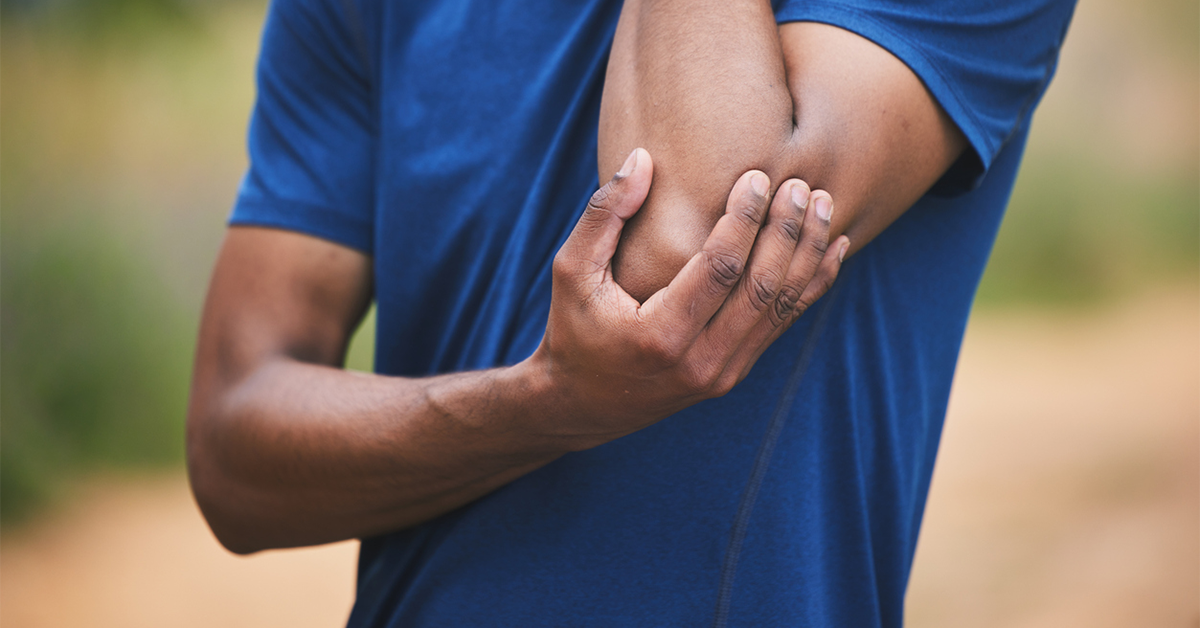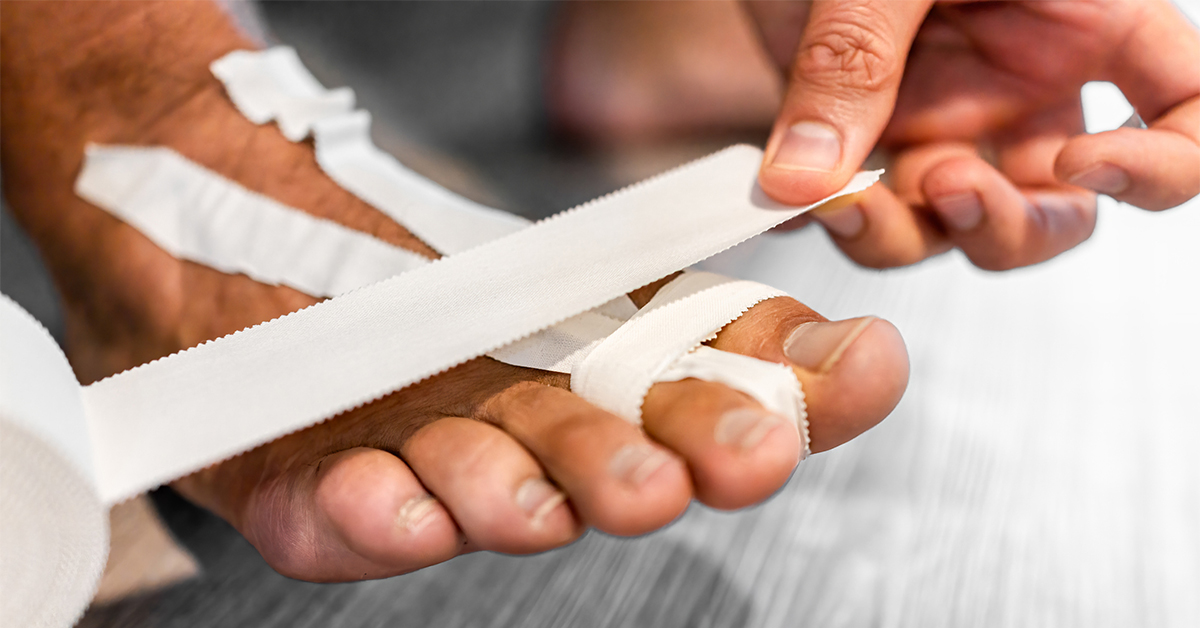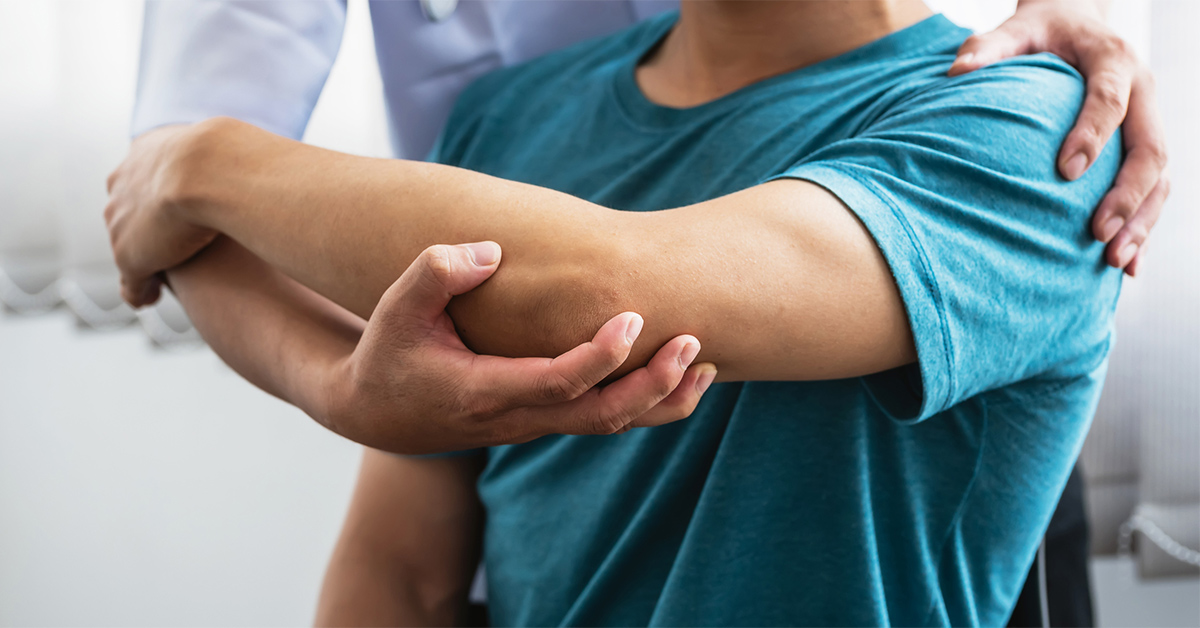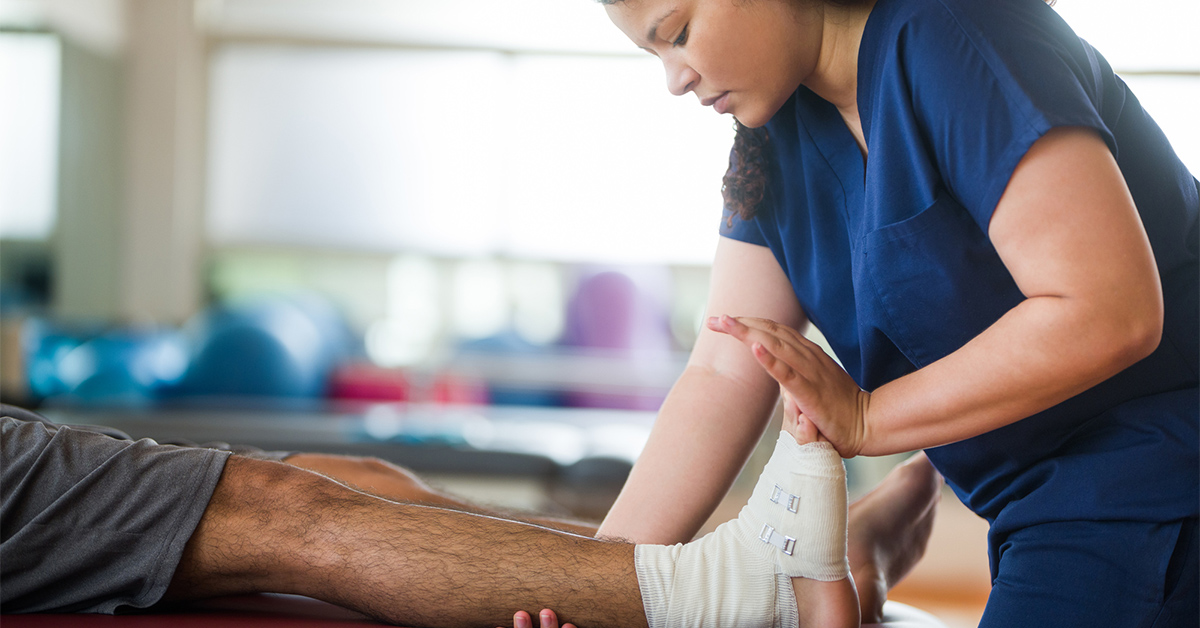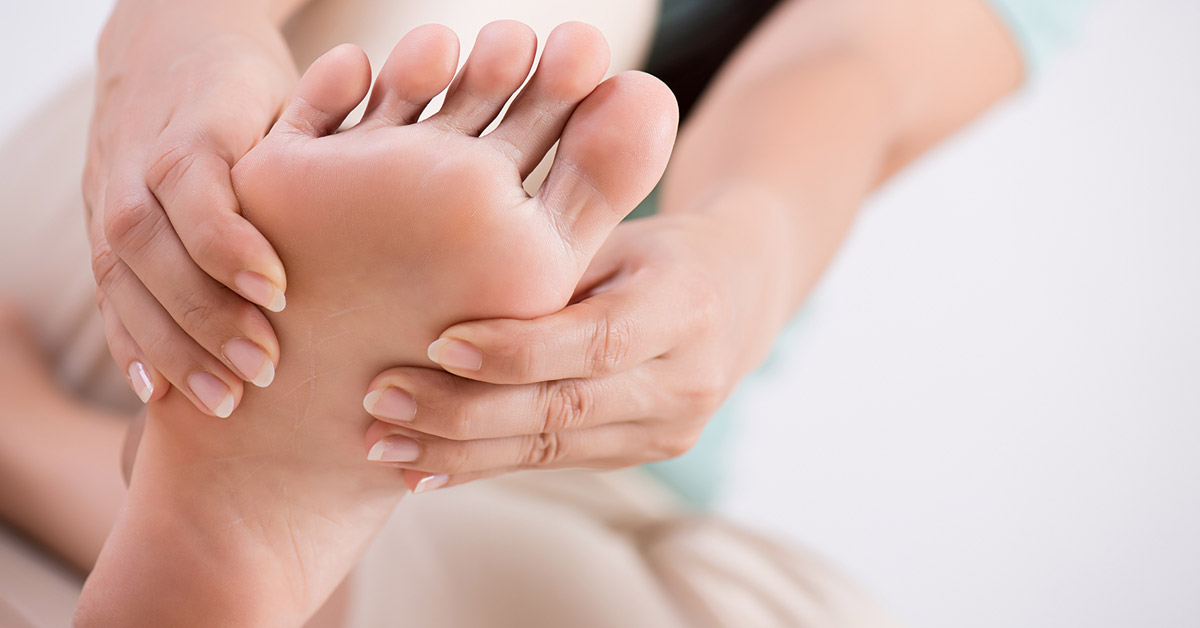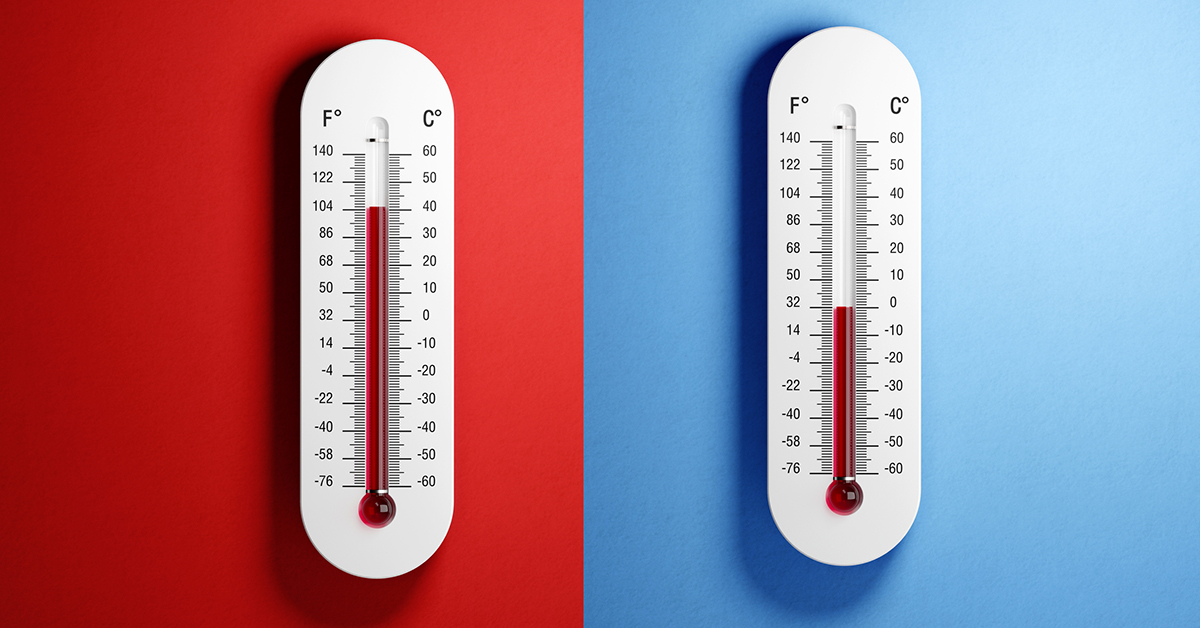Overuse injuries are a common setback for athletes of all ages and skill levels. These injuries happen when we put too much strain on our bodies, leading to pain, swelling, and even lasting damage. While we can’t totally avoid these injuries, a smart training and recovery plan can greatly lower your risk.
Common culprits of overuse injuries
Overuse injuries are particularly prevalent in sports that involve repetitive motions, such as running, swimming, and throwing. However, even activities like weightlifting and yoga can lead to overuse injuries if not done correctly. Some common overuse injuries include:
- Tendinitis: Inflammation of a tendon, often caused by repetitive motion. This can affect various areas, including the elbow (tennis elbow or golfer’s elbow), shoulder, knee, and Achilles tendon.
- Stress fractures: Tiny cracks in a bone, often caused by overuse or repetitive stress. These can occur in weight-bearing bones like the tibia (shinbone) and metatarsals (foot bones).
- Bursitis: Inflammation of a bursa, a fluid-filled sac that cushions joints. This can affect areas like the shoulder, elbow, and hip.
“Overuse injuries can be frustrating and debilitating, but they are often preventable. By following commonsense guidelines and listening to your body, you can significantly reduce your risk of injury and enjoy a healthy, active lifestyle.”
Jake Ellingson, PT, MSPT, LAT, ATC, CSCS
Welia Health Physical Therapist
Proactive prevention strategies
To stay ahead of overuse injuries, consider these proactive strategies:
1. Gradual progression
- Start slow and steady: Begin any new activity or increase in intensity gradually. This allows your body time to adapt to the increased stress.
- Follow the 10% rule: Increase your training volume by no more than 10% per week to prevent overwhelming your body.
- Listen to your body: Pay attention to your body’s signals, such as pain or fatigue. If you experience discomfort, reduce the intensity or duration of your activity.
2. Proper warm-up and cool-down
- Warm-up: Prepare your body for activity with light cardio, such as jogging or cycling, followed by dynamic stretches to increase blood flow and flexibility.
- Cool-down: Gradually reduce intensity and perform static stretches to improve flexibility and reduce muscle soreness.
3. Cross-training
- Mix it up: Incorporate a variety of activities into your routine to reduce stress on specific muscle groups.
- Low-impact options: Swimming, cycling, and yoga are excellent choices for cross-training, as they provide a full-body workout with minimal impact on joints.
4. Strength training
- Build a strong foundation: Strong muscles can better absorb shock and reduce the risk of injury.
- Focus on core strength: A strong core provides stability and improves overall performance.
5. Proper technique
- Master the fundamentals: Use the correct technique to minimize stress on joints and muscles.
- Seek professional guidance: Consider working with a trainer or physical therapist to refine your technique and identify any areas of weakness.
6. Rest and recovery
- Prioritize sleep: Adequate sleep is essential for muscle repair and recovery. Try to get 7-9 hours of quality sleep each night.
- Take rest days: Incorporate rest days into your training schedule to allow your body time to recover and rebuild.
- Nutrition: Fuel your body with a balanced diet rich in fruits, vegetables, lean protein, and whole grains.
- Hydration: Stay hydrated by drinking plenty of water throughout the day, especially during and after exercise.
7. Equipment and footwear
- Invest in quality gear: Use well-fitting, supportive footwear and equipment designed for your specific activity.
- Replace worn-out gear: Regularly inspect and replace worn-out equipment to prevent injuries.
Remember, prevention is key. By incorporating these tips into your training routine, you can protect your body from overuse injuries and continue to experience the joy of movement. If you notice any persistent pain or discomfort, though, it’s time to talk to your provider.
If you think you may be suffering from an overuse injury, call Welia Health Rehabilitation Services at 320.225.3356. Our team of sports medicine and physical therapists will work with you to assess and treat any issues.


